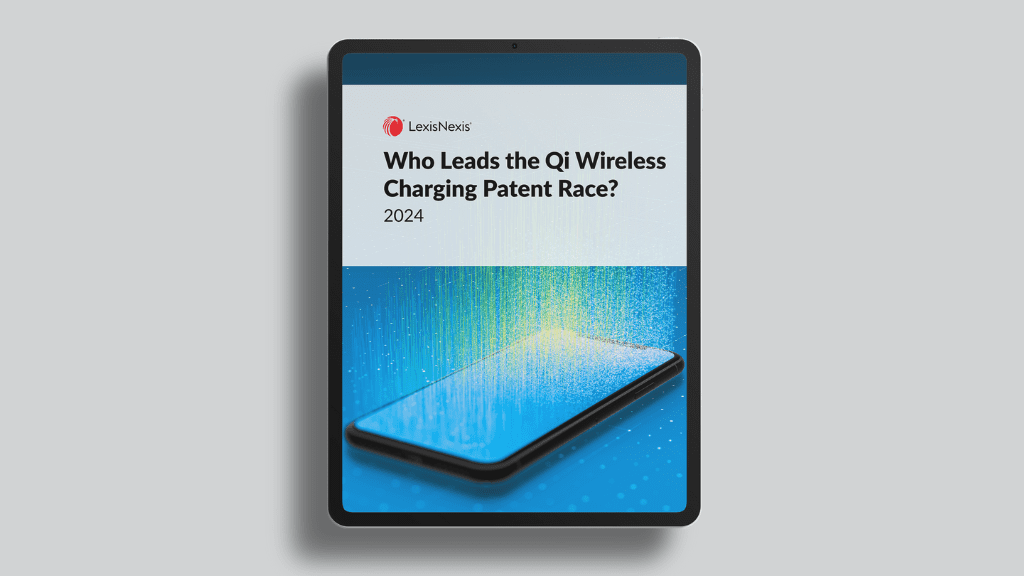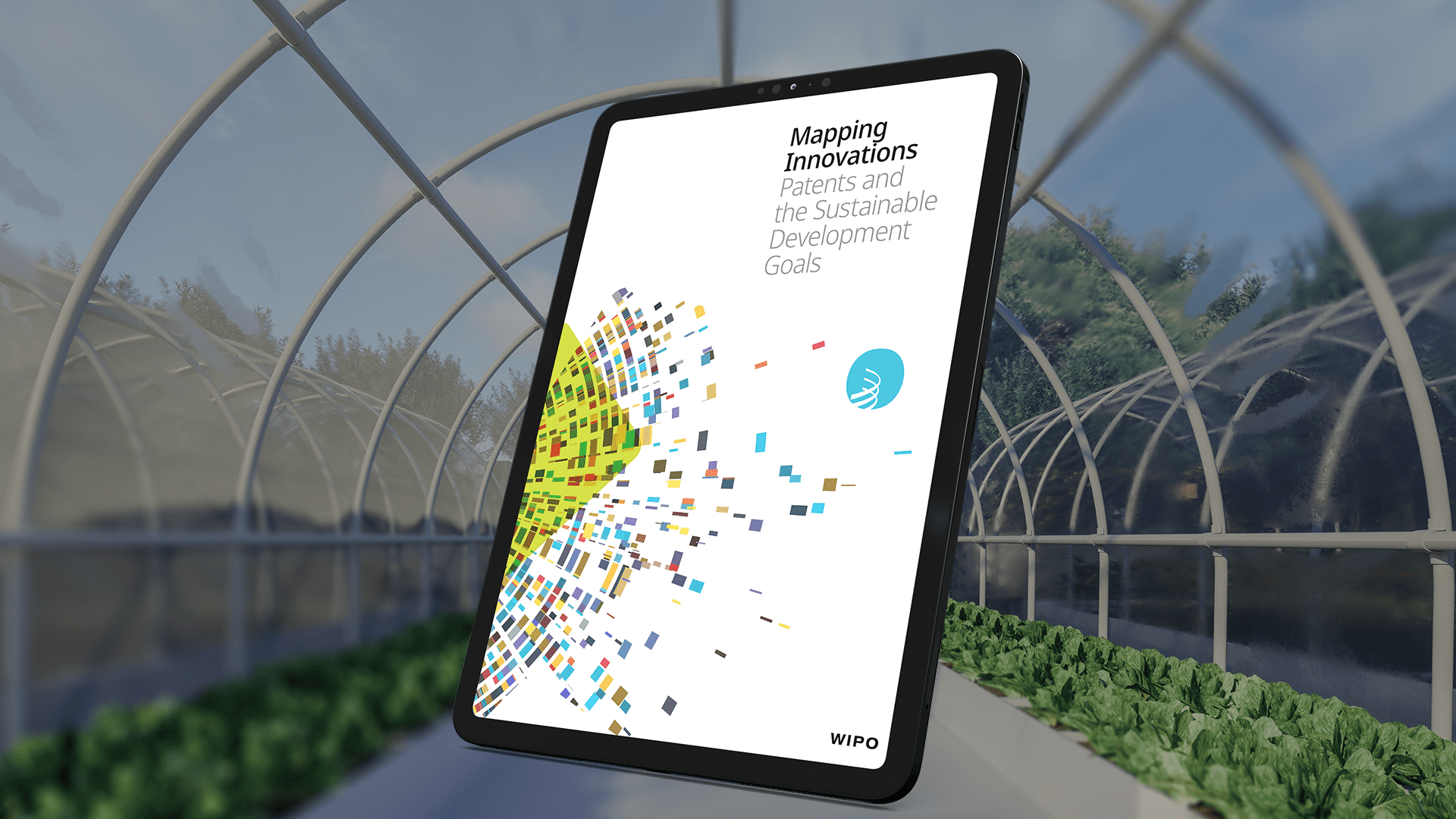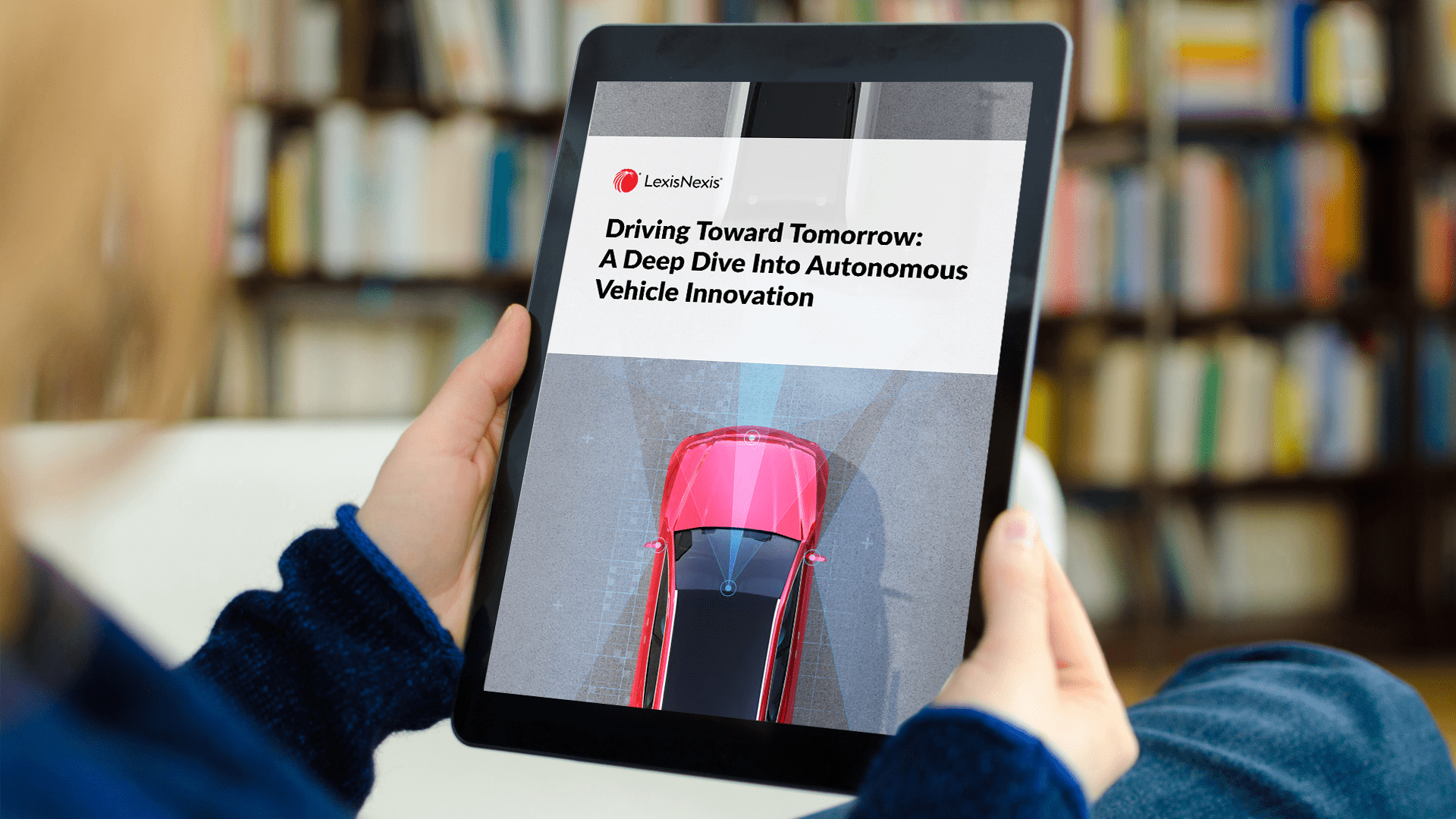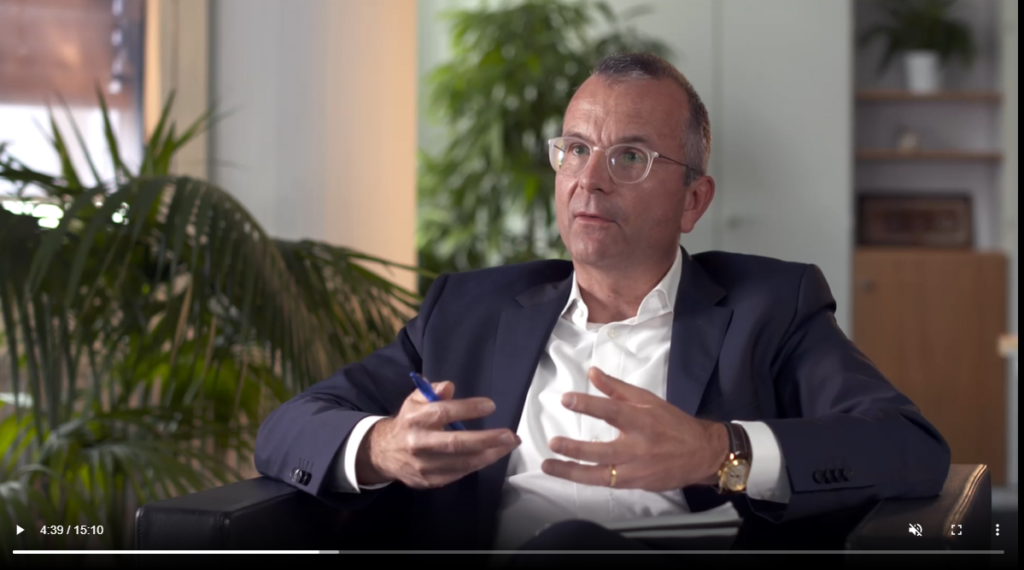Research & Reports
Gain valuable IP insights into maximizing patent portfolios, optimizing the patent prosecution process, and more with our extensive library of research and reports.
Who Leads the Qi Wireless Charging Patent Race?
Meet the top innovators leading Qi wireless charging patent race.
Download the report and explore the massive Qi royalty potential that is still untapped as the market evolves.


Innovation Momentum 2024: The Global Top 100
Learn which companies have true innovative strength.
Download the report to discover the top 100 global innovators, their patent strategies, and insights into the innovation landscape.

Industry Insights & Trends
Mapping Innovations: Patents and the Sustainable Development Goals

IP Analytics & Intelligence
Investment Decisions and Passive Portfolio Construction Utilizing Patent Analytics: A Multi-Case Study on COVID-19 Treatment Technologies

Industry Insights & Trends
Who are the World’s High-Performance Computing Semiconductor Innovators Powering the AI Revolution?

IP Analytics & Intelligence
Driving Toward Tomorrow: A Deep Dive into Autonomous Vehicle Innovation





Scientific Publications
Learn valuable information about patents and intellectual property from published scientific papers, researched and written by our team of industry experts.
Subscribe to the Innovation Insider monthly newsletter

Sign up to receive a monthly newsletter from our team of IP experts and get information on industry trends and the latest news on our solutions.




